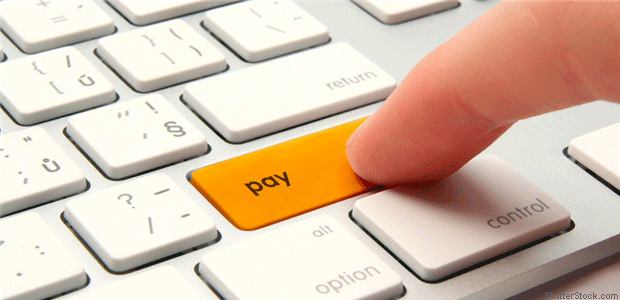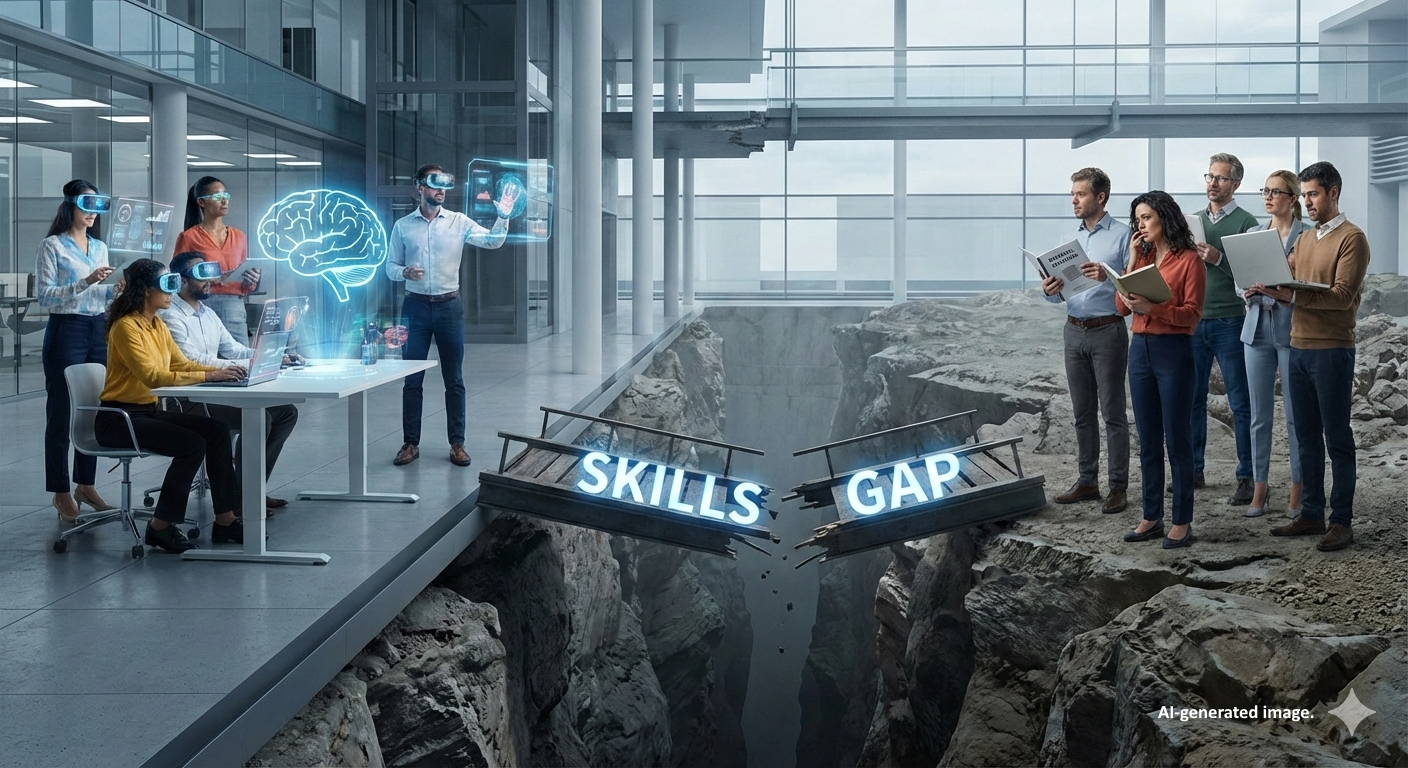According to the second annual Accounting Trends Client Bill Payment Survey, 63% of accounting professionals support the idea of an entirely paperless bill payment process, and nearly half said they wished they could completely eliminate paper checks.
Additionally, the survey exposed concerns about bill payment efficiency and security. Respondents that relied on handwritten checks or computer-printed checks often spend more time on bill payment, and 66% of all respondents worry that clients do not have approval controls in place for bill payment.
The survey, conducted in July and sponsored by Bill.com, includes responses from 513 accounting and bookkeeping professionals handling bill payments. They represent firms ranging from solo practitioners to ones with more than 30 employees.
Download the 2016 Accounting Trends Client Bill Payment Survey Special Report and its summary infographic.
Survey Trend: Electronic Payments Prevail, but Paper Checks Are Still Part of Business Bill Payment
Many of the accounting professionals who responded see the value of eliminating paper checks from bill payment and moving to electronic payments. One-third of the respondents said that more than 50% of their clients pay bills electronically (compared to 29% in the 2015 survey). Further, 15% said that three-quarters or more of their clients pay bills electronically.
When asked if they support moving to a paperless bill payment environment, 40% said paperless bill pay would make them feel more efficient, and 20% said it would make them feel more organized.
As one respondent wrote: “Paper checks are too time-consuming. There’s a higher risk of fraud, and it takes longer to pay or get paid.”
“Paper slows down each process it touches. This is especially true for bill payment. With advances in technology, bill payment can be transformed into a simple, quick and profitable process. Firms that are clinging to paper may soon find that they cannot compete against more technologically savvy firms,” said Bob Lewis, senior director of channels and alliances for Bill.com.
Survey Trend: Paper Disrupts Efficiency, While the Cloud Can Support It
In today’s competitive and technology-driven market, many accounting professionals realize the importance of efficiency to grow their firms. Paper works against that strategy, according to survey respondents.
Twenty-one percent of the respondents that use handwritten checks spend up to 10 hours a month per client on bill payment. An additional 6% said they spend between 11 and 20 hours per month on bill payment. For computer-printed checks, 94% of large firms spend up to 10 hours a month per client on bill payment. A firm with 150 clients could spend 600 hours a month on bill payments.
However, 49% who use cloud technology indicate that it only takes between 1 to 3 hours or less per client each month to handle bill payment. Eight percent said they spend less than one hour per client each month.
“Technology and efficiency operate hand-in-hand, and this is especially clear for bill payment,” commented Randy Johnston, executive VP of K2 Enterprises. “Each hour saved translates to lower costs while also increasing the quality of the service. The firm that can fully migrate its clients to the bill payment cloud will find that it has significant advantages over its competition.”
When respondents reviewed features for bill payment technology, those that ranked the highest all addressed efficiency pain points. Eighty-eight percent wanted automatic, electronic audit trails; 85% requested syncing between systems; and 82% saw value in the ability for clients to view, approve and pay bills online. As one respondent summarized, “Cloud-based [bill payment] is the future.”
“Smart firms are integrating technology to support cultures of efficiency,” commented Lewis. “Technology that doesn’t support this mindset – for example desktop software that doesn’t integrate with other solutions and forces information to be keyed in – will not endure in the long run.”
Survey Trend: Growing Concern about Accounts Payable Paper and Fraud
It only takes one blank or stolen check to ruin a company’s finances. The survey exposes a legitimate concern for the link between bill payment and fraud.
Overall, 66% of the respondents worry that clients do not have approval controls in place for bill payment, and 65% doubt that the appropriate separation of duties is in place.
The percentages spike for larger firms, with 94% concerned about appropriate separation of duties, and 94% worried about clients’ approval controls. Likewise, a majority of respondents from larger firms (76%) said that paper related to A/P creates a serious risk.
Thanks for reading CPA Practice Advisor!
Subscribe Already registered? Log In
Need more information? Read the FAQs




